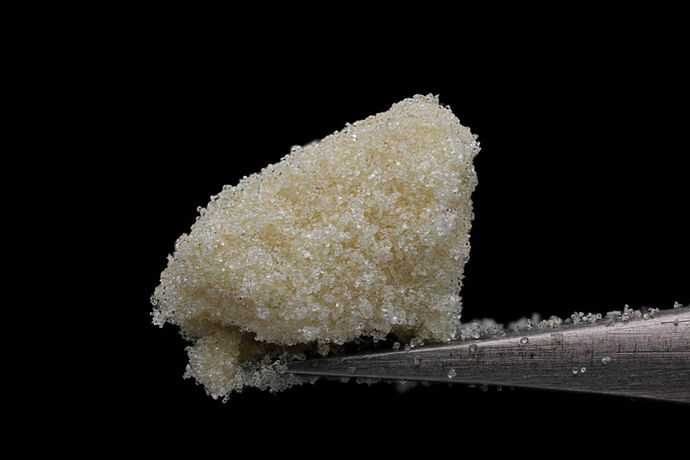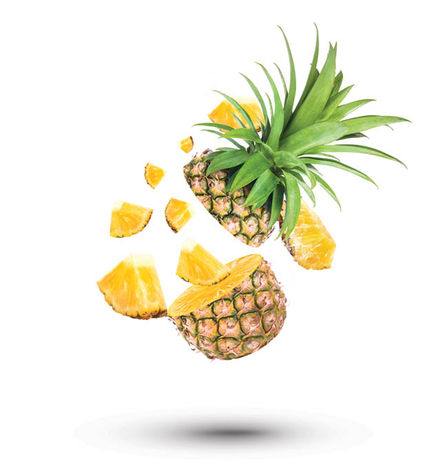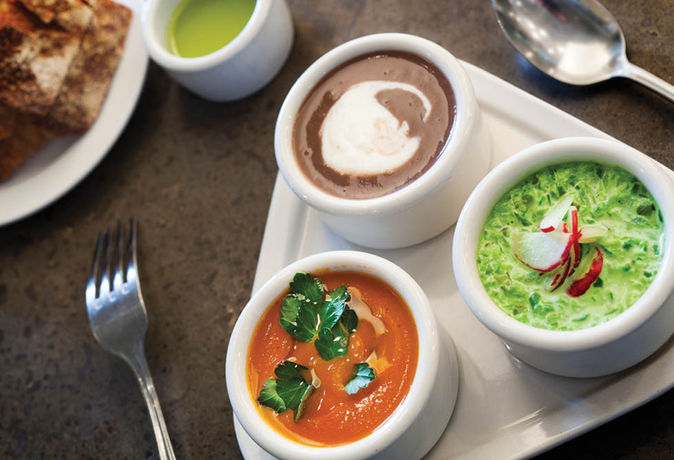Parents have a lot on their plates these days. In the already challenging role of parenting through the pandemic, navigating social media and changing norms, they also have to grapple with how to address Cannabis use and legality for themselves and their loved ones.
As we grow from Cannabis users to become parents and grandparents, the changing times and perceptions around the plant and kids are a constantly evolving area of focus. Is Cannabis dangerous for kids? What about parents? In this primer, we share our advice as parents and once-teens ourselves, as we continue to learn about and shape the way Cannabis is viewed in our society.
Mommy’s Medicine
When my children were little, we made a decision to talk to them about Cannabis and how it helped Mom and Dad as a medicine that was special … and something we kept secret.
We let them know that just like any other medicine, it was for adults only – but that this one was special. It helped us, but some people didn’t like it – so we didn’t talk about it outside of the house. This might sound a little twisted, but so is a drug counselor coming to school with a DARE presentation asking kids if they’ve seen their parents using drugs. By making the talk about Cannabis a simple explanation about medicine, most little kids will ignore pot like they ignore most of the adult world.
The biggest issue for little kids and pot? Keep your edibles (and everything else) locked up or otherwise secure. While a toddler isn’t going to grab the bong, they definitely will gravitate towards bright colored candy. Should the worst happen and they eat something, just remember that Cannabis has never killed anyone … and with hydration and rest, kids, dogs and moms can all recover from too much weed.
Building Trust With Teens
“Do as I say but not as I do” doesn’t work when parenting little kids, and it certainly doesn’t help when trying to keep teens out of the medicine or liquor cabinets, or for getting them to leave Cannabis alone.
Generally teens don’t want anything to do with what their parents are in to – with the exception of drugs and alcohol. They are looking to us for cues on what’s OK and it’s important to be an example of responsible use during these crucial years. While alcohol might be present at sporting events and advertised nearly everywhere, it’s important not to glorify getting a buzz. The same goes for Cannabis.
With the rise in Fentanyl, which can kill with a dose the size of a grain of rice, it can be lifesaving to have trust with your teen. If they or a friend takes a pill or accidentally consumes a drug, and someone is overdosing or hurt – they need to feel safe to call you and for paramedics. So just like a good household has a fire escape plan, talk to your children about the dangers of pills – and what their plan is if someone overdoses.
By building trust with your teen, they’ll feel comfortable talking to you about their experimentation, giving you the chance to lead with love and guide them towards good decisions – like waiting to use Cannabis until they are of a legal age to do so.
Childrens’ Medicine
There’s nothing a parent won’t do for a sick child, and when the choice is between a potential jail sentence and providing relief through Cannabis for a kid, the Leaf has documented many parents’ choices to heal their child with plant-based medicine.
Starting with Charlotte’s Web in 2011, a high-CBD strain named for a girl with epilepsy in Colorado, the right to provide children with Cannabis has been hotly debated. While it seems clear to those in the Cannabis activism space that CBD and THC can help with a wide range of ailments, parents still face risk and ridicule for giving their children a potentially life-saving medicine. The Leaf has written about children who are alive thanks to their parents being brave enough to administer Cannabis, and we believe that this medicine has huge benefits for humans of all ages.
But even with the benefits, Cannabis should only be used for children with extreme or life-threatening conditions like epilepsy. This includes CBD, which might be sold at your local drug store – but isn’t the right way to calm down a hyperactive kiddo or help with sleep as it does for adults. Healthy children don’t need Cannabis and it’s important as parents to make careful decisions about all medications.
Setting Boundaries
While Cannabis and the vaping of e-cigs might be common on high school and college campuses, and of course in pop culture – it’s important to set boundaries with drugs and alcohol as students head into these formative years.
America has always celebrated college partying, and to a lesser extent, high school house parties in movies and pop culture. But with the cost of college rising, and the true impact of alcohol and hard partying becoming mainstream knowledge, it’s important to talk to older students about their choices and future. While Cannabis is certainly safer than alcohol, we don’t want our teens using these drugs before their brains have fully developed.
By setting boundaries and having open communication, we can share this messaging with our kids – helping them to stay kids for as long as possible. Luckily for our younger generations, their 21st birthday can be spent at a legal pot shop without fear of arrest or alcohol poisoning. And that’s a world we should all be grateful to live in.










